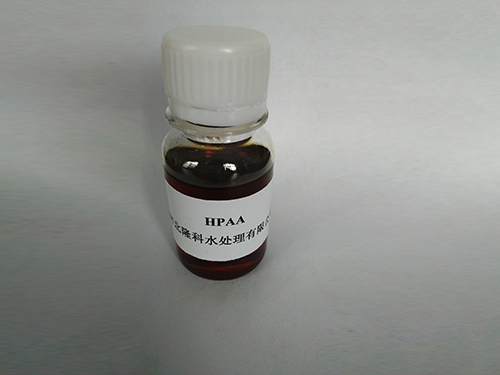flocculation chemicals
The Role of Flocculation Chemicals in Water Treatment
Flocculation is a crucial process in water treatment that involves the clumping together of suspended solids into larger aggregates, known as flocs. These aggregates can then be more easily removed from water, improving its clarity and quality. Flocculation is often used in various applications, including drinking water treatment, wastewater management, and industrial processes. The effectiveness of this process greatly depends on the use of flocculation chemicals, which play a vital role in facilitating the aggregation of particles.
The Role of Flocculation Chemicals in Water Treatment
Flocculants, on the other hand, enhance the process of floc formation by promoting the aggregation of micro-flocs into larger, more settleable flocs. These substances are typically long-chain polymers that can adsorb onto the surfaces of micro-flocs. By bridging gaps between these particles, flocculants facilitate the creation of larger aggregates that can easily be removed through sedimentation or filtration. Common types of flocculants include synthetic organic polymers, such as polyacrylamide, as well as natural products like chitosan and starch.
flocculation chemicals

The effectiveness of flocculation chemicals is influenced by several factors, including water chemistry, the type of contaminants present, and the specific application requirements. For instance, the pH and temperature of the water, as well as the concentration of dissolved organic matter, can significantly impact the performance of flocculants and coagulants. It is crucial to carefully select and dose these chemicals, often requiring thorough testing and monitoring to achieve optimal results.
In industrial applications, flocculation is used to treat process water, recover valuable materials from waste streams, and minimize environmental impacts. For example, in the paper and pulp industry, flocculation chemicals can help remove fibers, fillers, and colorants from wastewater, thereby enabling the recycling of water and improving the quality of discharged effluent. Similarly, in mining operations, flocculants are employed to separate valuable minerals from waste materials, reducing the environmental footprint of these activities.
The use of flocculation chemicals is not without challenges. The introduction of chemical additives can lead to the formation of residual sludge, which requires proper disposal or treatment. Additionally, the potential health and environmental risks associated with certain chemicals must be carefully managed. Consequently, there is a growing trend toward the development of more sustainable and eco-friendly alternatives to traditional flocculation agents. Biodegradable flocculants and natural coagulants derived from plant sources are gaining popularity due to their lower environmental impact.
In conclusion, flocculation chemicals play an essential role in improving water quality across various sectors. Their ability to facilitate the aggregation and removal of suspended particles makes them invaluable in water treatment processes. However, careful consideration must be given to their use to minimize environmental impacts and ensure the safe treatment of water. As technology advances, the development of more sustainable flocculation solutions will likely enhance the efficiency and safety of water treatment practices in the future.
-
lk-319-special-scale-and-corrosion-inhibitor-for-steel-plants-advanced-solutions-for-industrial-water-systemsNewsAug.22,2025
-
flocculant-water-treatment-essential-chemical-solutions-for-purification-processesNewsAug.22,2025
-
isothiazolinones-versatile-microbial-control-agents-for-industrial-and-consumer-applicationsNewsAug.22,2025
-
scale-inhibitor-key-solutions-for-water-system-scale-preventionNewsAug.22,2025
-
organophosphonates-versatile-scale-inhibitors-for-industrial-water-systemsNewsAug.22,2025
-
scale-and-corrosion-inhibitor-essential-chemical-solutions-for-water-system-maintenanceNewsAug.22,2025





